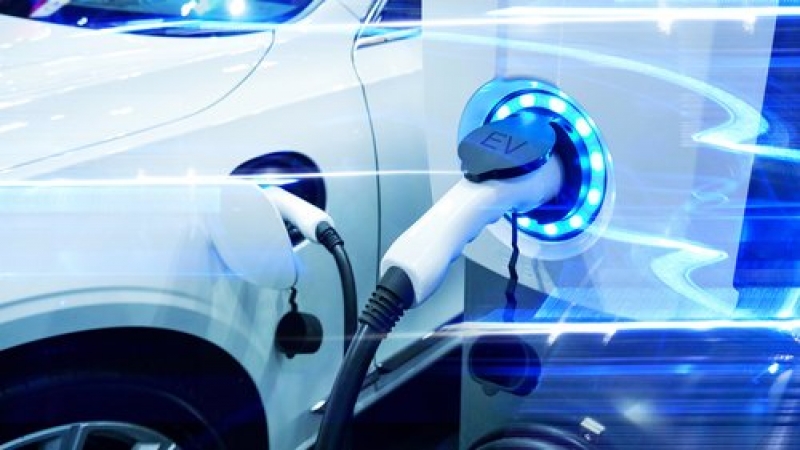More than half of Europeans and all car fleet managers in Europe plan to buy electric cars in the next two years, according to the e-Readiness Report 2021 survey conducted by Strategy &, the global strategy department in the PwC network.
The results of the study show that interest in electric vehicles is growing in Europe, with 55% of consumers and 100% of fleet managers declaring their intention to buy such a vehicle in the next two years, informs Mediafax.
As a result, sales of electric vehicles could reach 23% (1.7 million units) of total new car sales by 2024 in the top six markets in Europe, France, Germany, Italy, Norway, Spain and Switzerland.
The fleet segment will remain the most attractive, with an estimated share of approximately 55% of the total electric car market, the three most important criteria considered for these acquisitions being: company image, tax incentives and carbon footprint reduction.
“In recent years, consumers in Europe have become increasingly concerned about protecting the environment, which has led to increased interest in clean cars. Thus, the car market has chances to recover, after the health crisis, and through a greater orientation towards electric vehicles, especially since many states support the purchase of electric and hybrid cars through financial incentives that reach up to a third of the price. their retail sales in some markets “, explained Daniel Anghel, Partner, Leader for the automotive industry, PwC Romania.
The Romanian authorities want to support the purchase of clean vehicles through the Rabla Plus program, offering an eco-label of 45,000 lei for the purchase of a new electric vehicle and 20,000 lei for the purchase of a new hybrid vehicle.
The main factors mentioned by those surveyed for choosing an electric car are fuel economy, environmental impact and the ability to charge the car at home. Arguments against include charging time and lack of public charging infrastructure.
The study involved over 4,000 consumers and 103 medium and large corporations with fleets of vehicles of over 100 units.
– .


